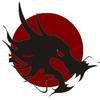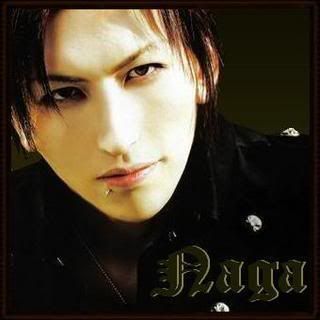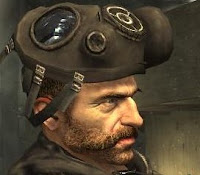Post by Naga Warasaki on Jan 11, 2008 5:35:14 GMT
Japanese soldiers are known to violate countless number of moral wrongs in the war, but kamikaze pilots do not fall among them. I disagree with the comparison of the kamikaze pilots and the 9/11 terrorists, and here’s the reason why.
Kamikaze pilots were the last military strategy Japan used to slow the Allied advancement towards the land of the rising sun. These attacks did not begun until late in the Pacific campaign, probably around 1944, when Japan began to feel the jolt of defeat. The reason being was that the loss of experienced pilots and the planes destroyed done more damaged to Japan than the act itself because the country was lacking the man power and the industrial capability unlike that of United States.
The attack on Pearl Harbor (7 December 1941), launched by six of Japan’s aircraft carriers, did not include a strategic incorporation of kamikaze pilots. Though some pilots crashed their planes, they carried it out because they were hit by Allied fire and had no choice in the matter. It was better for them to collide into their enemies and died knowing they had done their best in furthering their country’s victory than to land dying in a remote location. Death is always preferred to than defeat, and this doctrine ingrained within the Japanese soldiers had made them do just that.
Kamikaze pilots had reason to attack, to protect their homeland, and unlike terrorists of the present day or some of their comrades on land, they attacked only those armed in the military services, not innocents. Kamikaze pilots would not have volunteered to do what they had to do had it been known that further negations before Pearl Harbor would cease the expectancy of war, but this in itself was proven false.
This is my opinion. I do not know the precise details for the situations happened above; it’s best if you consulted the web for facts, but I thought I might share it with you.
And while we still at the subject of kamikaze I might as well throw in a fact or two about it. The Japan military did not entitle these operations as kamikaze but as a special attack unit force. (Again you should consult the web or book for the Japan’s given name.) Because of misinterpretation, they had been assigned as kamikaze. Kamikaze translates to “divine wind” in Japanese. The word “kami” is based on the Shinto teaching meaning spirit or sometimes god, and if I’m not mistaken “kaze” is defined as wind. Since the emperor of Japan was seen as a god on earth, the pilots sent to intentionally crash into the Allies are known as kamikaze in English translation.
Kamikaze pilots were the last military strategy Japan used to slow the Allied advancement towards the land of the rising sun. These attacks did not begun until late in the Pacific campaign, probably around 1944, when Japan began to feel the jolt of defeat. The reason being was that the loss of experienced pilots and the planes destroyed done more damaged to Japan than the act itself because the country was lacking the man power and the industrial capability unlike that of United States.
The attack on Pearl Harbor (7 December 1941), launched by six of Japan’s aircraft carriers, did not include a strategic incorporation of kamikaze pilots. Though some pilots crashed their planes, they carried it out because they were hit by Allied fire and had no choice in the matter. It was better for them to collide into their enemies and died knowing they had done their best in furthering their country’s victory than to land dying in a remote location. Death is always preferred to than defeat, and this doctrine ingrained within the Japanese soldiers had made them do just that.
Kamikaze pilots had reason to attack, to protect their homeland, and unlike terrorists of the present day or some of their comrades on land, they attacked only those armed in the military services, not innocents. Kamikaze pilots would not have volunteered to do what they had to do had it been known that further negations before Pearl Harbor would cease the expectancy of war, but this in itself was proven false.
This is my opinion. I do not know the precise details for the situations happened above; it’s best if you consulted the web for facts, but I thought I might share it with you.
And while we still at the subject of kamikaze I might as well throw in a fact or two about it. The Japan military did not entitle these operations as kamikaze but as a special attack unit force. (Again you should consult the web or book for the Japan’s given name.) Because of misinterpretation, they had been assigned as kamikaze. Kamikaze translates to “divine wind” in Japanese. The word “kami” is based on the Shinto teaching meaning spirit or sometimes god, and if I’m not mistaken “kaze” is defined as wind. Since the emperor of Japan was seen as a god on earth, the pilots sent to intentionally crash into the Allies are known as kamikaze in English translation.













